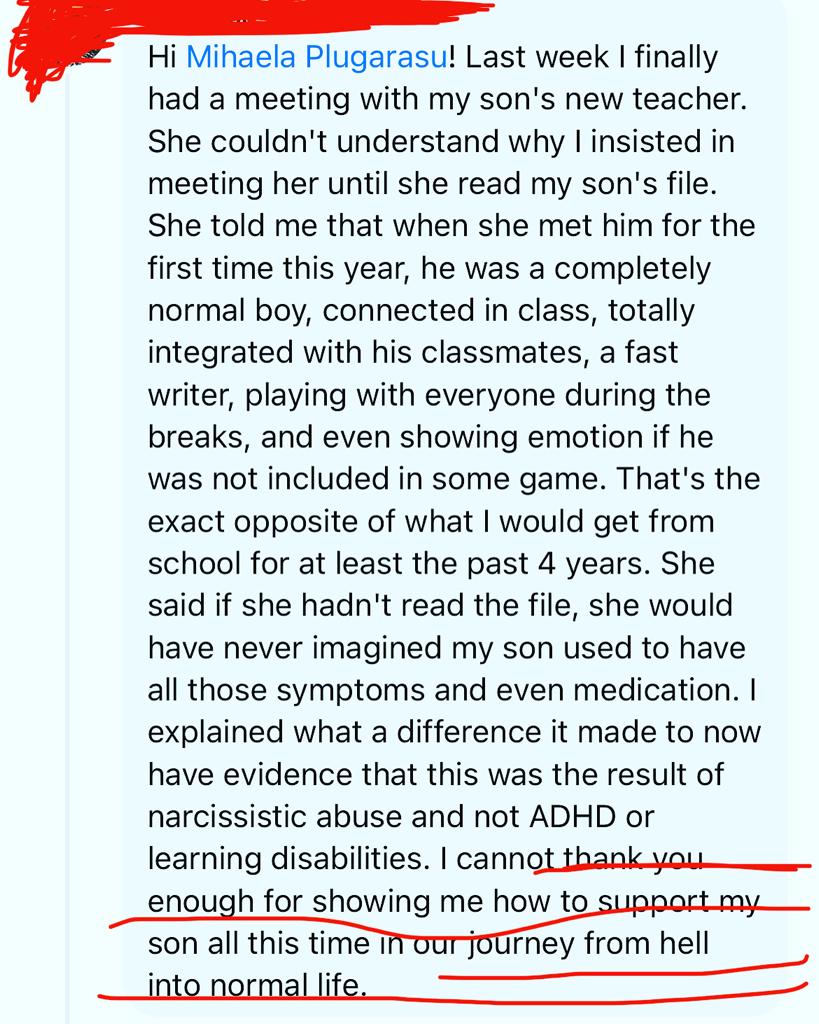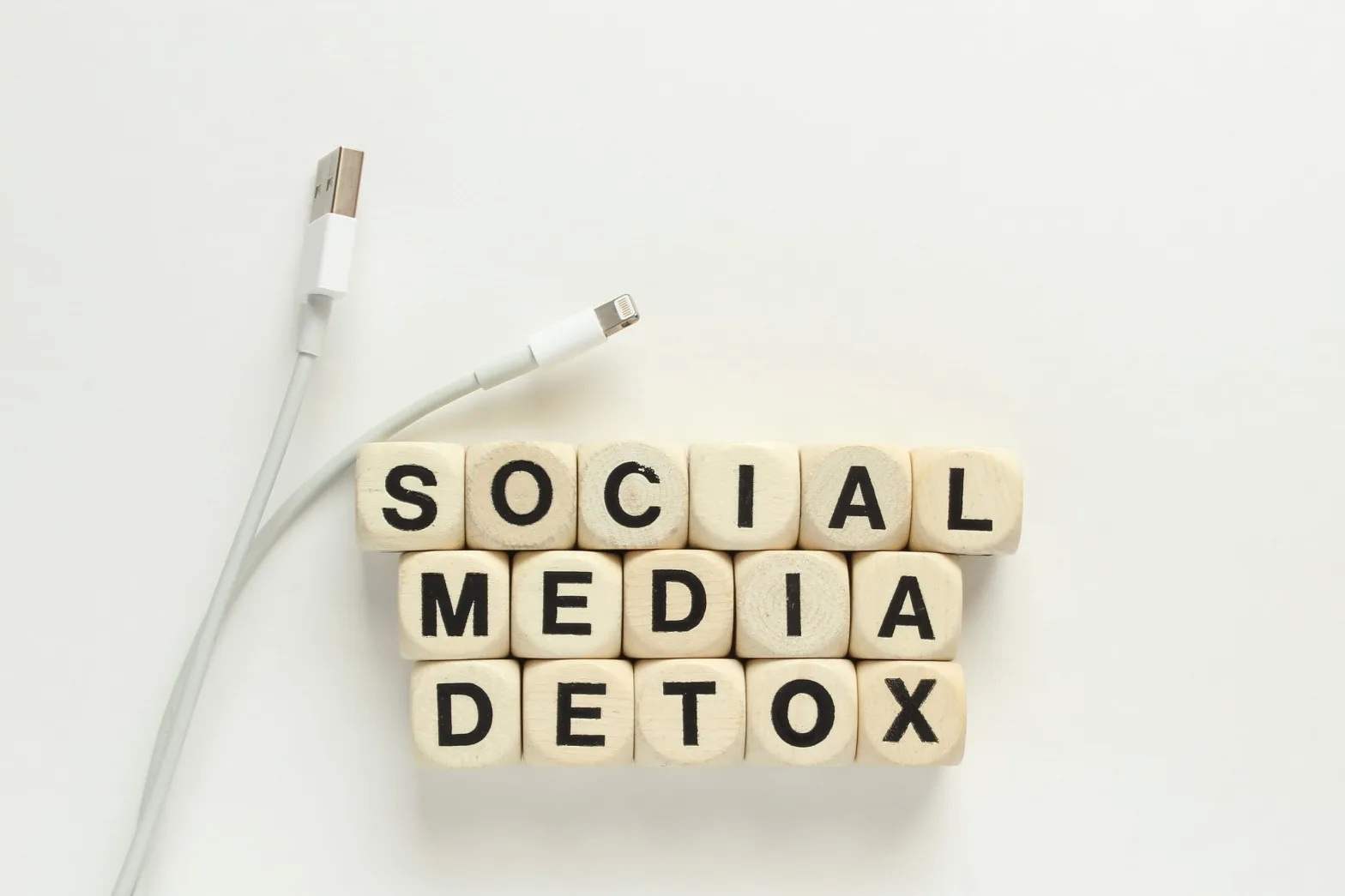Last weekend I went on a family camping trip. I took this opportunity to challenge myself: the goal was to stay completely OFF social media for 48 hours, which later I extended to 72 hours (3 full days). The platforms that I spend most of my social media time on are, in the order of time consumption: Instagram, Facebook, LinkedIn and Tik Tok.
Here’s what I’ve understood in these 72 hours of social media detoxing:
1. External Validation Is a Real Drug.
People say we get addicted to social media, but I say: we get addicted to external validation. This is such a powerful “pull” towards social media because every time we get a like, a comment, a share or an emoji, we feel GOOD. We feel important, significant, and relevant – to Others! The brain gets a dopamine hit every time. The hits are short, fast and infrequent, like summer rain drops- so we want more. We post more. We wait for more. We unconsciously “beg” for more. The need for significance (*Status in the SCARF-model) – “I matter to others.” – is fundamentally human, and deeply encoded in our brains. All social media platforms hedge their bets on satisfying this need, and they are winning the bets.
What got me thinking even deeper was this question: Why do I care about WHO likes or watches my content? Well, it’s obvious: we want to matter to certain people more. We enjoy validation from everyone, but we want to have significance for certain people-personally and professionally. Wanting and needing external validation is neither good nor bad. It is an undeniable fact that defines all human beings. However, my urgent calls to action to all of us are:
- become aware of our need for significance to others!
- engage in social & human activities off-line (‘in real life’) that satisfy this need to a greater extent than the online validation!
- commit to personal boundaries regarding the content we are sharing; ask yourself regularly: Why am I posting this piece of content? Why now? Is it really necessary? Who is it for?
2. So much extra time! I Felt Disoriented for a Second.
All of a sudden, I had so much extra time on my hands-my brain was confused at first. What do I do now? I heard the voice in my head asking. This was an important moment of self- awareness because I understood how strong my dependency on my phone was.
At any given time, I have endless lists in my head of things to do on these platforms: create content, post content, share someone else’s content, answer private messages, reply to comments, check who watched my stories, etc… There is always “something to do” and it’s all for the greater good, right? I believe in my message. I want to help. I want to spread other peoples’ messages too. The rational justifications are so good; it’s simply irresistible!
With the sudden awareness of “having extra time”, I felt really peaceful and happy. I didn’t need anything. I didn’t have any deadlines. I didn’t have to rush anywhere. I enjoyed the silence in my head. It felt like a rainbow after a stormy rain. The nervous system finally relaxed.
My involuntary comparison to others ceased. What a gift!
3. What Matters Most Is Right in Front of Me.
This is a tough one. I dare you to monitor (and not cheat!) the total time you spend on your phone each day for at least 14 consecutive days. You will be shocked, amazed and speechless. BBC News reported in January 2022 that the average American spends 4.8 hours, or a 3rd of waking hours, on their mobile phone. If you are not American, or think “that’s not me!”- please do the experiment. I also know that not all 4.8 hours are dedicated to social media, but the point remains the same: if our eyes are on the phone screen 5 hours/day, it means we don’t see what’s right in front of us: our child, our partner, our friends, nature and life in general.
All parents say the same one thing: I love my child more than anything else in the world. Who would argue with this statement? Nobody. However- if the average parent spends 5 hours a day on their phone, that means 5 hours of absent-mindedness/ day. If you spend 2 hours/day on your phone – that’s 2 hours of absent mindedness/day… Time in which we don’t see our child, or partner. The ability to connect, empathise and be present SHUTS DOWN when we are looking at our screen. Time = Love in a child’s mental universe. And so, where we spend our time, that’s where our love goes. As much as we can argue the opposite, a child will have this perception: that they are not worthy of our time and attention. Their self-image will forever be rooted in this perception.
4. Children Relax when Parents Declare a Long Break from Social Media/ Phone.
This was not a new discovery for me because I’m teaching about presence and connection in my conscious parenting program, but it was a pleasant reminder. My son and his friend could count on my attention at any given moment. We were able to capture TOGETHER spontaneous events in nature and around us. It was a beautiful shared state of relaxation, trust and connection. Children need to count on us that we are available to them; otherwise they believe that they don’t deserve our love, and that they have to earn it. Worthiness and deservability are the most valuable gifts we can give our children.
Unfortunately, most children must compete for their parents’ attention on a daily basis – exactly because of mobile phones, laptops, TV and other gadgets. We are all working parents – I get that – but we also fall into this unquestioned and unconscious loop of checking our phones constantly.
Children should NEVER compete with our phones. Yes, there are emergencies we must tend to sometimes, but that’s rare. Very few calls/ texts/ emails or DM’s are truly urgent. Personal honesty is not easy, is it?
5. Yes, Master! No More.
Yes, Master. Your wish is my command – we unconsciously say to our smartphones. We are the slaves to the master.
It is called a smartphone for good reasons. It tracks our behaviors and our preferences. The algorithm pushes content that we enjoy. It makes it EASY to stay on.
Even more insidious is the belief that WE HAVE TO share what we’re doing. We must. Otherwise, it feels empty of meaning; as if it didn’t happen. Like all beliefs, it takes time to catch roots in our unconscious mind – and this is where that on-going external validation plays its role. With time, we want more of it. Such a vicious circle that only a self-aware / conscious person can break.
I felt quite uncomfortable at first “not to need my phone.” I take my phone with me everywhere out of habit. All of a sudden, I didn’t need my phone. It became a regular life-less object, with no superpowers. It could stay in the tent for hours. I didn’t care anymore. What a revelation! What a relief!
6. My Capacity to Notice Nature Increased Exponentially.
Nature is splendid.
Nature is everywhere.
Nature is generous in myriad shapes and patterns.
Nature is gifting us with beauty, awe, silence, divinity and surrender.
Nature is giving and not asking in return.
But who’s there to notice? To humble down? To feel inspired, grateful and ‘enough’?
I was able to notice and watch for long minutes the perfect circles of rain drops in the lake, one after another after another… to infinity. Always a perfect circle. The wind was moving gently the long “hair” of hundred-year-old trees. The water was bubbling up from a spring deep down underground… in a rhythmic movement, uninterrupted, undisturbed and unapologetic. Where was that water coming from? For how long was the spring there? How come there is still water after years of sending water to the surface? Can we learn to have faith in the abundance of life, like this spring?
Eventually I was able to quiet my own mind, and be still. No more thinking. Just awe and reverence for nature.
7. Self- Reflection Becomes Inevitable.
This lesson deserves an article of its own. Many people would do anything to avoid introspection. The pain is too big. The wounds are too deep.
Being busy is such a badge of honor in Western cultures, the United States in particular. In the absence of the phone, one has no escape. We notice ( hopefully!) our feelings, our thoughts and we get back in touch with our body. Disconnection and disassociation become evident; and if they don’t, the work needed is serious. Reach out to a trusted therapist or coach to get support if you can’t feel your feelings or your body.
Deepak Chopra once said that every person must ask these 4 questions every day:
- Who am I?
- What am I grateful for?
- What do I want?
- What’s my purpose?
For me, the key take-aways are:
- We must be smarter than our phones.
- Very few calls/ texts/DM’s are urgent. Very few.
- External validation is a real drug. Keep an eye on the addiction.
- Children deserve present parents. Set boundaries for phone usage when children are with us. No excuses.
I want to hear from you. What are your biggest challenges with social media, parenting and outsmarting your smartphone?
Write to me on Facebook or Instagram – when your children are not with you 😉
Recommended resources on the topic:
The Social Dilemma, documentary
The Center for Humane Technology, website
Your Undivided Attention, podcast

